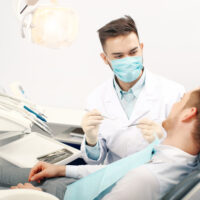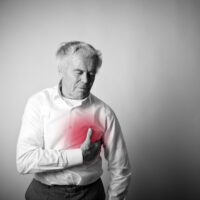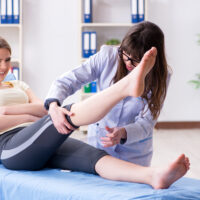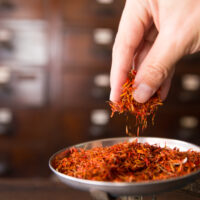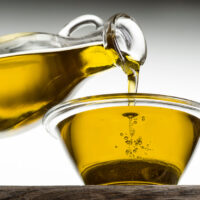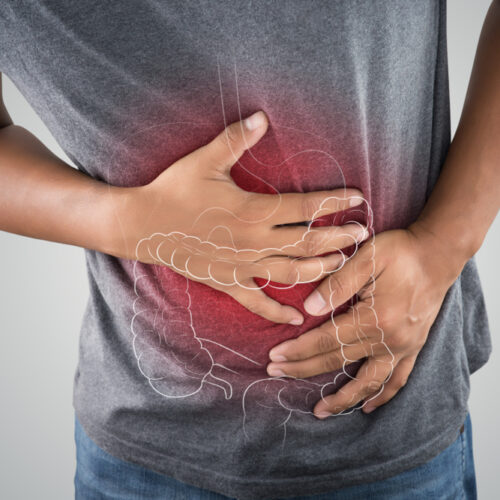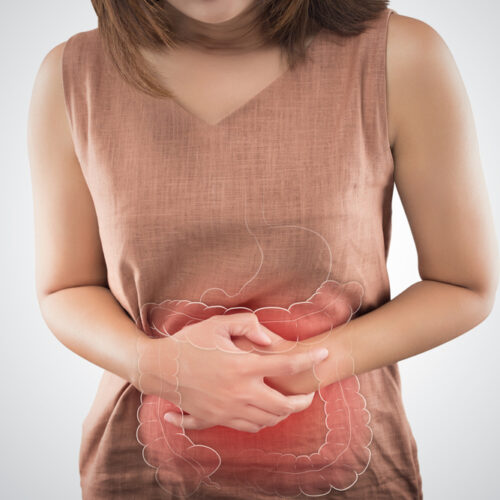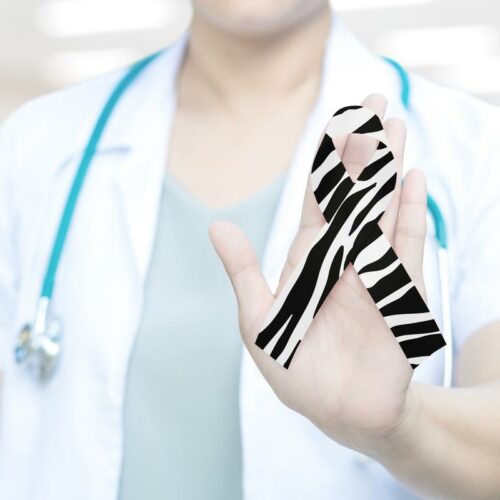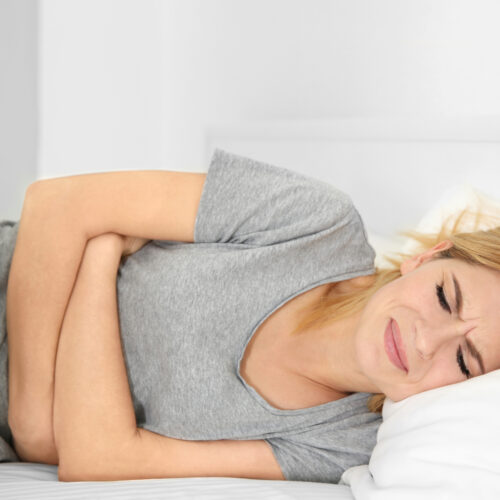All About Cold Sores
All about cold sores
Cold sores are fluid-filled blisters that appear in the form of red patches near the mouth or on other areas of the face that may persist for two weeks or longer. It can also appear on the fingers, nose, or inside the mouth, but these can be counted as rare occurrences.
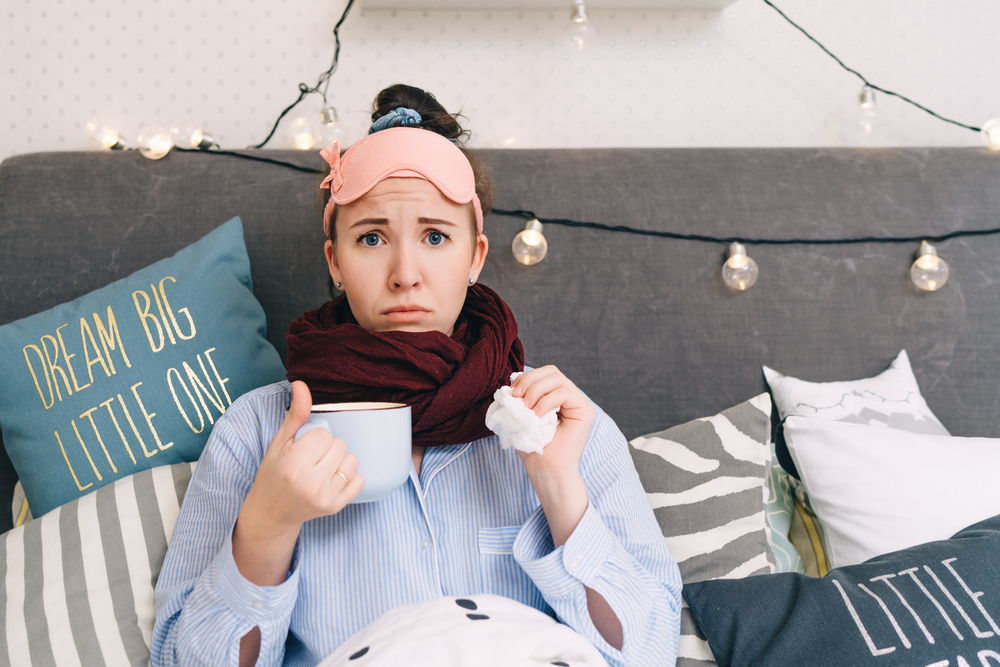
Cold sores are caused by a common virus known as herpes simplex that can spread from person to person even if cold sores are not visible. It spreads by coming in close contact, such as by kissing, hugging, shaking hands, etc. Although there’s no definite cure for cold sores and they can come back anytime without any prior warning, certain medications can be used to treat cold sores and prevent them from coming back.
What causes cold sores?
- As mentioned above, cold sores are caused by the herpes simplex virus.
- Herpes simplex is categorized into two types, herpes simplex type 1 virus (HSV-1), which is responsible for common cold sores, and herpes simplex type 2 virus (HSV-2), which usually causes genital herpes.
- Once affected by the herpes simplex virus, the virus remains dormant in the patient’s body even after the sores get healed.
- This means that new sores can come up anytime without any warning, and with a weak immune system, the person can experience frequent outbreaks during illness or times of stress.
What are the cold sore symptoms?
- Before cold sore starts developing in your body, you may experience a tingling or burning sensation on your lips or face.
- Once the sore is completely formed, you will see a raised fluid-filled red blister, which is usually painful and tender to touch.
- You may experience some other symptoms along with the formation of these red blisters, such as an onset of fever, muscle pain or aches, and swollen lymph nodes, especially in the neck region.
What are the stages of a cold sore?
A cold sore usually goes through the following five stages:
- Stage 1 : At this stage, you will experience a tingling or itching sensation as early as 24 hours before the formation of blisters.
- Stage 2 : Red colored fluid-filled blisters appear.
- Stage 3 : At this stage, the blister bursts out, forming painful sores in the form of red-colored patches.
- Stage 4 : This is the stage when the sores dry out, causing itching and cracking.
- Stage 5 : This is the last stage, wherein the dry scab falls off and the sore gets healed.
These 5 stages take a total time of about 2 weeks and will be contagious until the sore gets healed. Moreover, your first sore may not appear for up to 20 days after you come in contact with the herpes simplex virus.
How is the treatment for cold sores?
There are no 1-day cold sore treatments available, but there are several ways to treat and manage them once they start appearing, which are as follows:
- Ointments and creams : This is one of the most common cold sore treatment methods in which you will be able to control the pain associated with cold sores by applying antiviral ointments such as penciclovir (Denavir) and docosanol (Abreva). If you start applying them as soon as the sores start developing, you will be also able to fasten the healing process. Try to apply these creams about 4-5 times a day for 5-7 days.
- Medications : Your doctor may prescribe oral antiviral medications for cold sore treatment, such as acyclovir (Zovirax), valacyclovir (Valtrex), and famciclovir (Famvir) if you are experiencing complications with cold sores or if there are frequent outbreaks.
Are there any home remedies for the treatment of cold sores?
There are several home remedies for cold sore treatment. Trying the following remedies will help you manage cold sores easily, but remember that these cold sore treatment methods are not effective for everyone:
- Lemon balm : Using a lemon balm or a lip balm with at least 1 percent of lemon balm may help you reduce the redness or swelling of the blisters. It does not improve symptoms such as pain or scabbing, but it may protect you from future outbreaks.
- Ice : Applying a cold pack directly on the sores can ease the discomfort and inflammation associated with cold sores.
- Aloe vera : Aloe vera gel has anti-inflammatory properties that can help you soothe the skin when a cold sore breaks out.
- Sunscreen : Applying a thin layer of sunscreen on the sores will not only fasten the healing process but may also reduce future outbreaks when used daily.
- Stress reduction techniques : Reducing the amount of stress in your life can prevent outbreaks of cold sores. You can do this by involving yourself in meditation and regular exercise.
